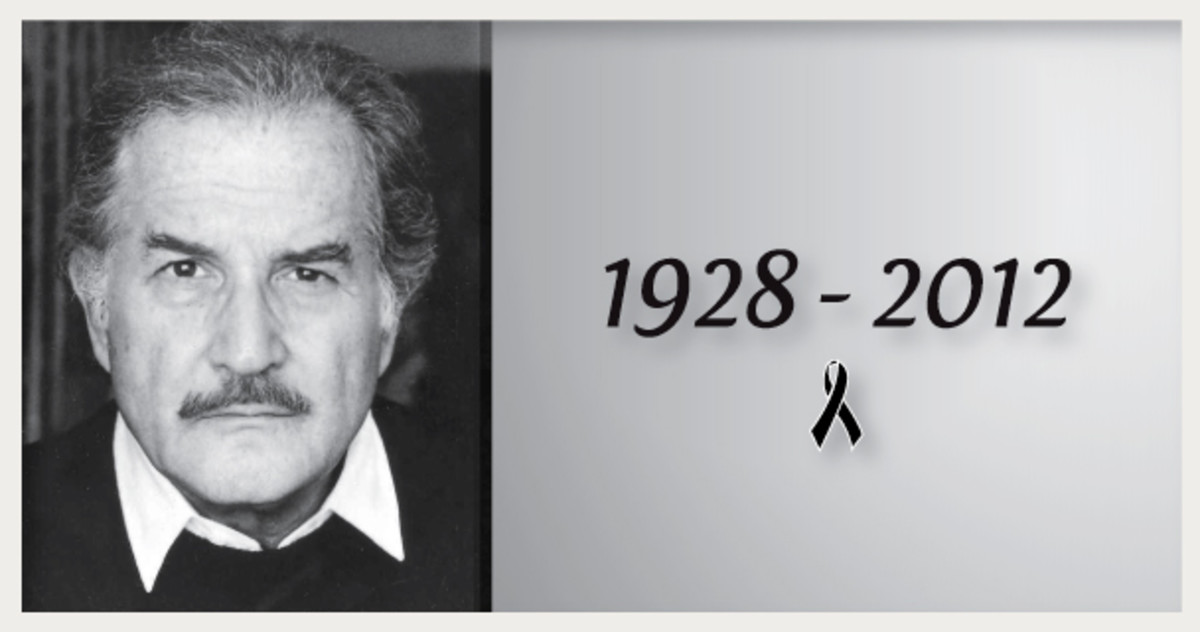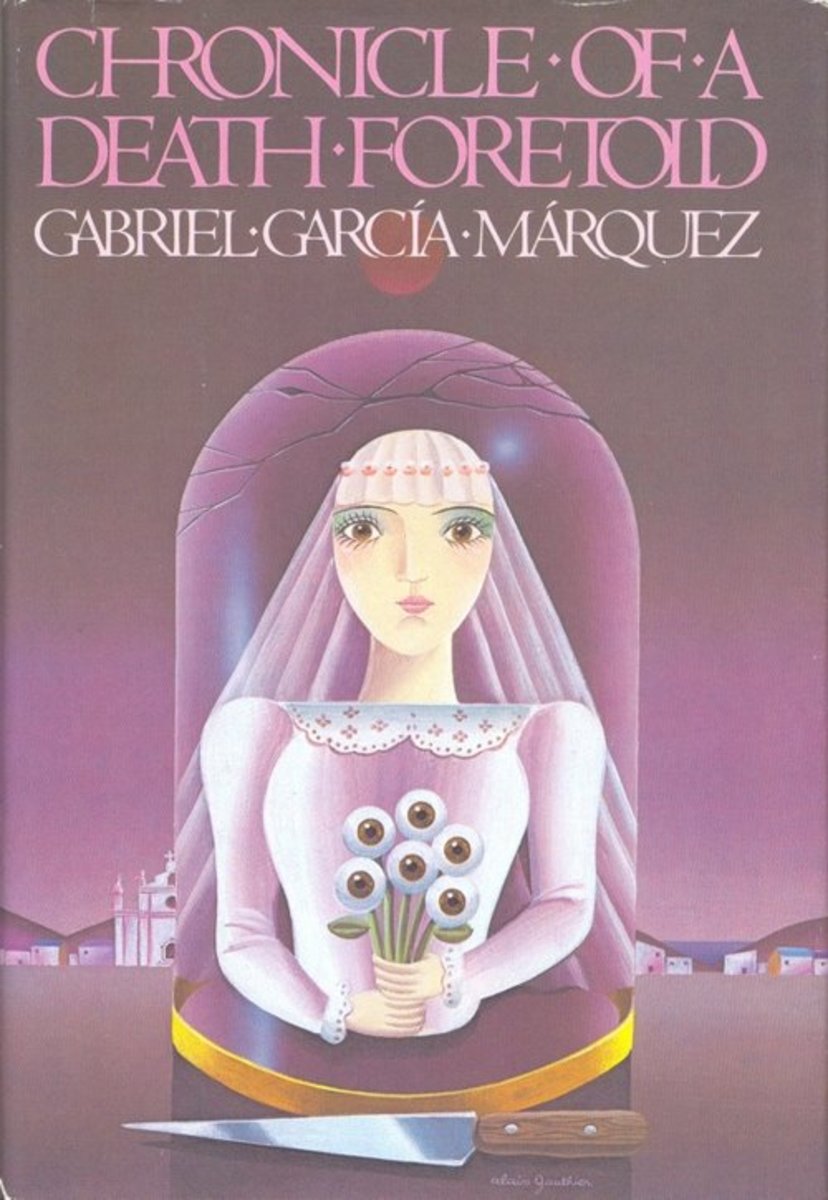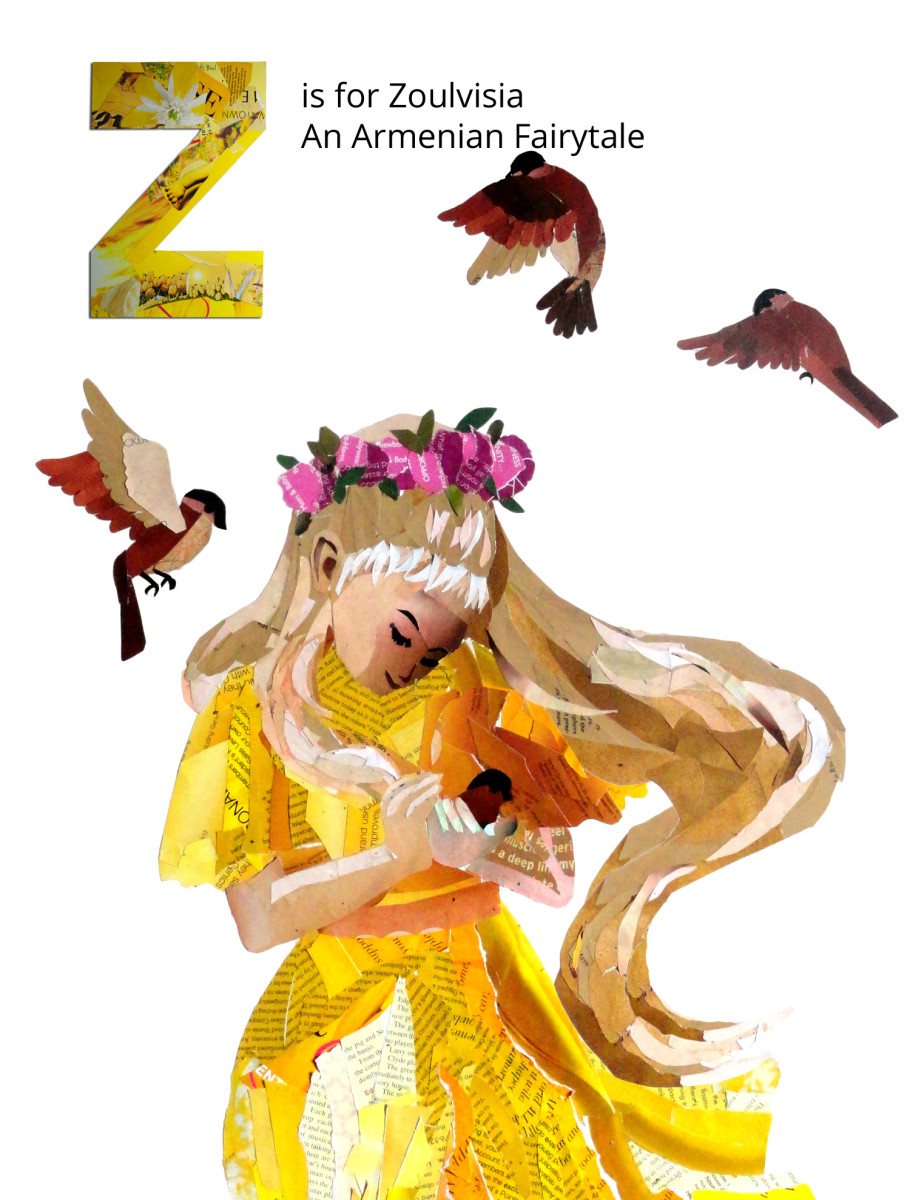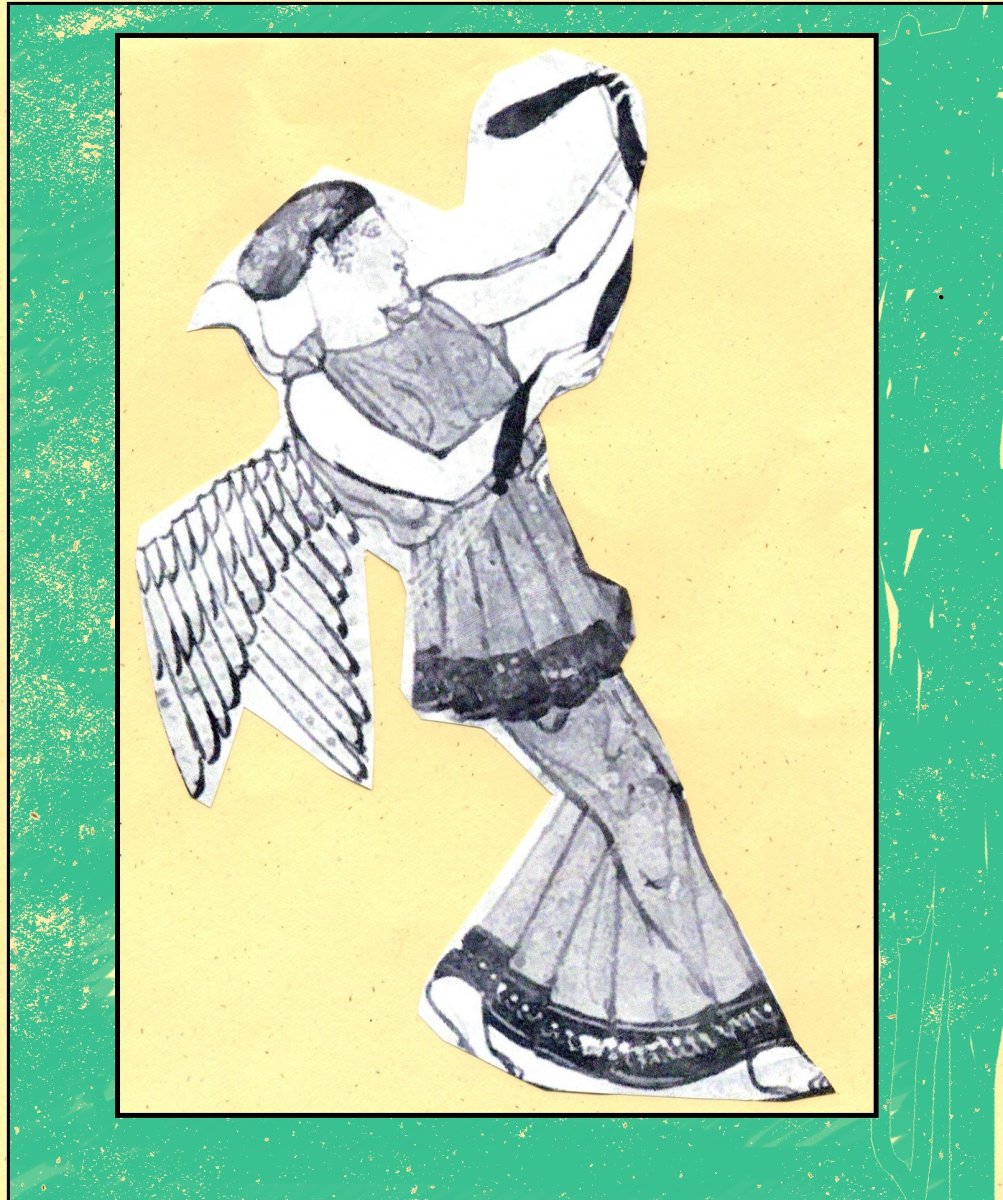Gabriel Garcia Marquez - Colombia's Nobel Laureate
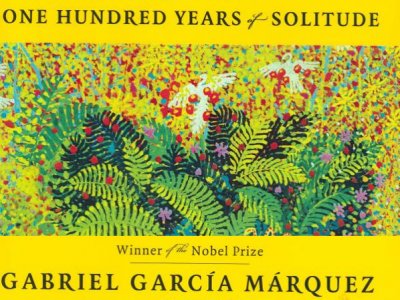
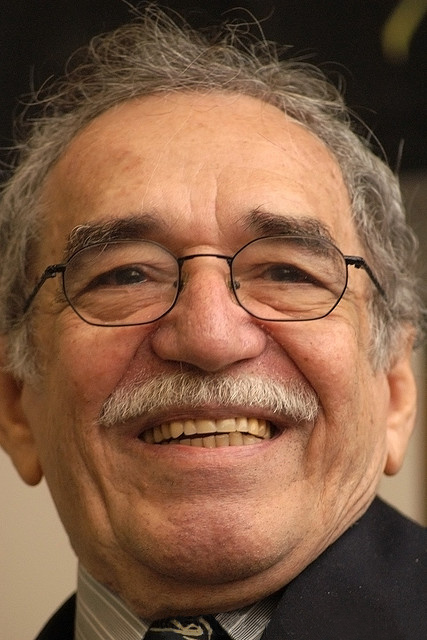
Literary Awards
Nobel Prize in Literature 1982
Chianciano Award - Italy
Prix de Meilleur Livre Etanger - France
Romulo Gallegos Prize - Venezuela
Books Abroad / Neustadt International Prize for Literature
Marquez receiving his Nobel Prize 1982
Nobel Prize in Literature 1982
The Nobel Prize in Literature 1982 is awarded to Gabriel Garcia Marquez "for his novels and short stories in which the fantastic and the realistic are combined in a richly composed world of imagination, reflecting a continent's life and conflicts."
~ Nobel Committee
Gabriel Garcia Marquez 1927-2014
Another Latin American writer of great importance to note is Colombian, Gabriel Garcia Marquez, known world-wide for his great and inspiring novel, One Hundred Years of Solitude (1967).
Although the Nobel Prize in Literature is given for an entire lifetime and body of written work, It is really because of this novel and the prizes he won for it, that he won the Nobel Prize in Literature in 1982.
His greatness as a writer, as a Colombian writer, and as a Latin American writer is because of this novel. With the publication of One Hundred Years of Solitude, he reached world acclaim and is believed in the literary world to be one of the world's greatest writers of literature. He is a brilliant storyteller with a wild imagination that he harnessed for this novel, his definitive piece of writing.
Marquez lives in a world where "flowers rain down from the sky and dictators sell the very ocean." His reality is subjected to emotional truths and he illustrates a world of great beauty and great cruelty where love can bring redemption and also enslavement. It is a world where the lines of reality and dreams are hopelessly blurred. A world really just like our own.
He is the master storyteller in this novel and uses the motif of magic realism in his writing and made this motif popular to readers. Magic realism combines facts with fantasy where the fantastic is portrayed as mundane and an everyday occurrence and where the mundane and everyday reality is portrayed as fantastic. It is a phrase coined, surprisingly not by Marquez or any other Latin American writers, but by a German art critic, Franz Roh in 1925.
However, Latin American writers took on magic realism in their writings and made it in their own style and motif. It is the Latin American "Boom" writers of the 1960's and 70's that, along with Marquez, made magic realism so popular in Latin American literature.
Marquez's revolutionary novel provides a mirror into the thoughts and beliefs of the author. Through this definitive novel, he gives a literary voice to all of Latin America. It is a convoluted and complex novel and not an easy or quick read. He defines clear Latin American and universal themes and at the same time, maintaining individual character's identities. He combines the comic and grotesque with the dramatic and tragic.
One Hundred Years of Solitude received universal recognition and acclaim and has topped the list of books that have most shaped world literature in the last thirty years or so according to a survey of international writers.
And Chilean poet, Pablo Neruda as deemed it, "the greatest revelation in the Spanish language since Don Quijote by Miguel de Cervantes." I have to agree with his assessment of the novel.
Marquez has captured the dreams, the psyche, the history and the culture of Colombians and all of Latin America in this novel. To understand Latin America and what makes it tick, this is a must read on any list of books to read.
When I read this novel back in the 80's, I was shocked and awed by it. I had never read a novel like it before, although I was familiar with magic realism, and I have never read a novel like it since.
Although, Marquez has written many short stories and novels, this one by far is his greatest.
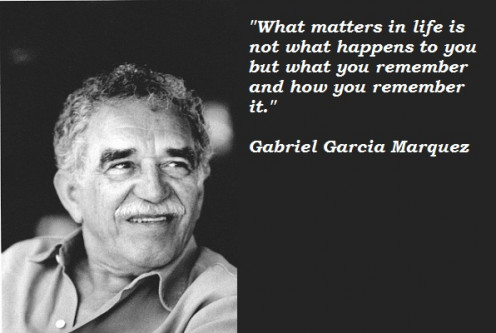
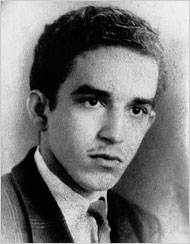
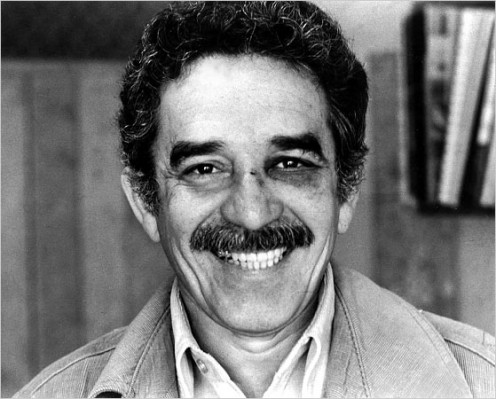
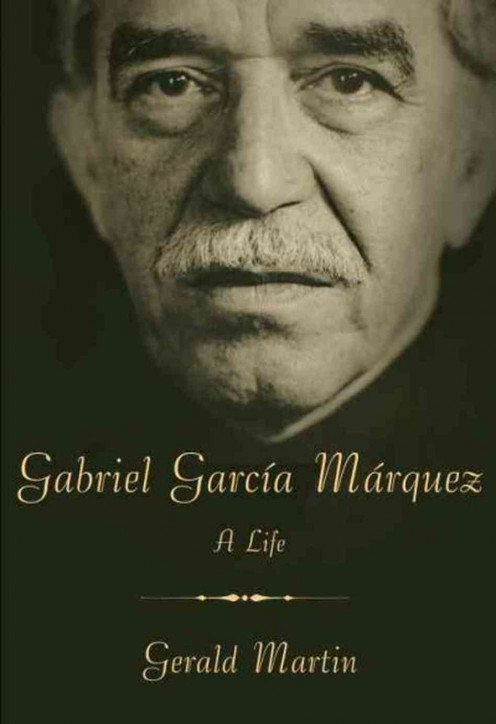
Early life
Marquez was born in 1927 in Aracataca, Colombia in the northern Colombian region between the mountains and the Caribbean Sea. He was formally named Garbriel Jose de la Concordia Garcia Marquez. But, for all his life he has been affectionately known as 'Gabo' by family, friends, and all of Colombia and Latin America.
His father was Gabriel Eligio Garcia, a pharmacist by profession, and his mother, Luisa Santiago Marquez. After he was born, his parents moved to Barranquilla, Colombia, but left Gabo with his maternal grandparents in Aracataca and his grandparents raised him in his formative years.
He credits his grandparents and their strong influence for this writing career, since he barely knew his parents at this time in his life. His grandfather had been a Colonel in the Thousand Days War and was a highly respected man in Aracataca.
He filled young Gabo with great stories of war, bravery, heroics and death from his experiences in the war. Marquez has described his grandfather as his "umbilical cord with history and reality."
His grandfather taught Marquez lessons from the dictionary, took him to the circus each year and introduced him to ice, something infrequently found and used in the hot climates of Colombia and Latin America.
Marquez said his grandfather taught him his most important lesson: "You can't imagine how much a dead man weights." There is no greater burden than to have killed a man and this was a lesson Marquez would later weave into his novels.
Marquez's political and ideological views were shaped by his grandfather, not his father. His grandfather was a liberal and his father a conservative. When his grandfather told him stories of the horrifying acts of the last civil war, he was influenced by his grandfathers liberal and socialist views and these views became part of Marquez's literary technique later in life.
His grandmother, Tranquilina Iguaron Cotes, was not to be left out in the storytelling department. Her stories also influenced Marquez's later writings and he said of her, "she treated the extraordinary as something natural."
Marquez's grandmother told him stories of ghosts, premonitions, omens and portents. She was his source of the magical superstitious, supernatural view of reality and her stories figured prominently in his novel, One Hundred Years of Solitude.
Marquez was reunited with his parents in 1937 when they took him and his brother back to Barranquilla and then on to the city of Sucre where his father opened up a pharmacy. His beloved grandfather died the same year.
Once grown, Marquez studied law at the National University of Colombia and at the same time also began a career as a journalist. Before long, he dropped out of law school to become a journalist full time. From 1948-49 he wrote for the newspaper, El Universal in Cartegena, Colombia which he has described as the cesspool of Colombia.
From 1950-53, we wrote a column for the newspaper El Heraldo in Barranquilla, Colombia. Here he became an active member of an informal group of writers and journalists known as the 'Barranquilla Group.' Being part of this group gave him great motivation and inspiration for his later literary career.
He made people from this group some of his characters in his novel, One Hundred Years of Solitude, this group had so much infuence on him. Through this group he was introduced to the writings of Virginia Woolf and William Faulkner with Faulkner's narrative technique influencing him strongly along with his historical themes and rural locations that went on to influence many Latin American writers.
In Barranquilla, Marquez picked up a world-class literary education and a unique perspective on Caribbean culture.
From 1954-55 he lived in Bogota, the capital city of Colombia, and wrote for the newspaper, El Espectador. Here he became involved in a reporting controversy and was sent to Rome, Italy to become a foreign correspondent. There he wrote for El Independiente, which had replaced El Espectador in Bogota during the military government of General Gustavo Rojas Pinilla later shut it down.
Marquez's journalism career was a great foundation for his writing career. In 1961, he and his wife, Mercedes Barcha, whom he had met at the university, traveled by bus throughout the southern U.S. because he wanted to see the South which had inspired William Faulkner's writings.
From 1954 to present, Marquez has lived abroad in Paris, New York, Barcelona and Mexico City. He has a winter home in Barranquilla, Colombia.
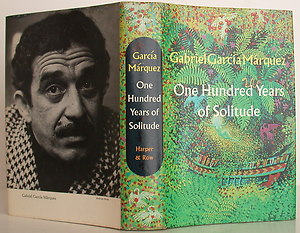
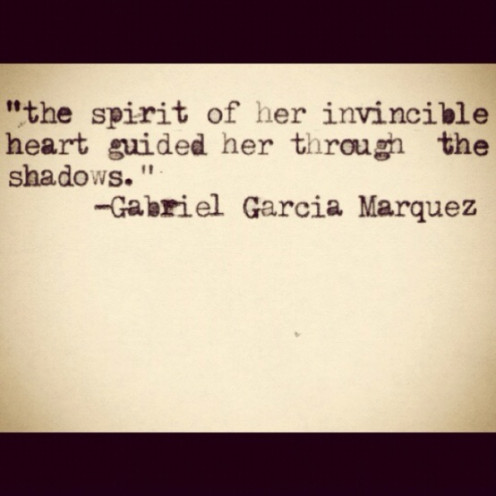
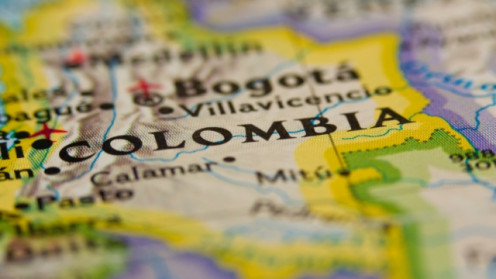

"One Hundred Years of Solitude"
This novel is certainly Gabriel Garcia Marquez's masterpiece. He had always wanted to write a novel based on his grandparent's house and where he grew up in Aracataca. So, when writing his novel, he created the fictitious town of Macondo in the Colombian rain forest. His town was originally created for One Hundred Years of Solitude but he returned to this town and used this setting for many of his short stories and other novels.
He wrote his novel everyday for eighteen months and sold the family's car so the family could live on this money while he wrote. He published his novel in 1967 to much critical acclaim and commercial success.
The novel chronicles seven generations of the Buendia family from the time they found the fictional Colombian village of Macondo, The novel covers seven generations of incest, births and deaths. Yes, incest, because it becomes one of the themes of the novel.
Macondo comes to symbolize all the rural towns throughout Latin America, Colombia, and his hometown of Aracataca. This novel represents the literary Latin American Boom of the '60's and '70's that was influenced by modernism and the Cuban Vangardia (Vanguard) literary movement.
The Buendia family is headed by Jose Arcadio Buendia, the patriarch of the family and his wife and first cousin Ursula Iguaran. When Marquez created the village of Macondo, he makes it the city of mirrors and invents his world according to Jose's perceptions.
Macondo becomes a town frequented by unusual and extraordinary events that involve and happen to the Buendia family who are unable or unwilling to escape their mostly self-inflicted misfortunes. Ultimately a hurricane destroys Macondo in the end and this represents the cyclical turmoil inherent to Macondo and the seven generations of the Buendia family.
His characters are never defined but developed and formed throughout the novel, however each character is individualistic.
Marquez's gift is the ability to blend the everyday with the miraculous, the historic with the fabulous and pyscological realism with surreal flights of fancy. He combines the comic and grotesque with the dramatic and tragic along with the political and historical realities combined with the mythical and magical Latin American world.
Through human comedy and tragedy the problems of a family, a town and a country are illuminated and the novel never ceases to be interesting. The reader is compelled to read on to learn the next tragic or comic event in the lives of the Buendia family.
In the end, a Buendia family member finally understands the encryption that generations of Buendias had failed to decode. The secret message told of every fortune and misfortune lived by the Buendia family over the seven generations.
Through the setting of Macondo and the Buendia family, Marquez is able to portray and give a critical interpretation of Colombian history. The patriarchal father of the Buendia family and his founding of Macondo is a metaphor for the colonization of the future Colombia.
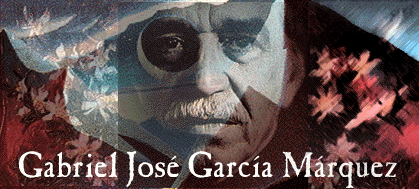
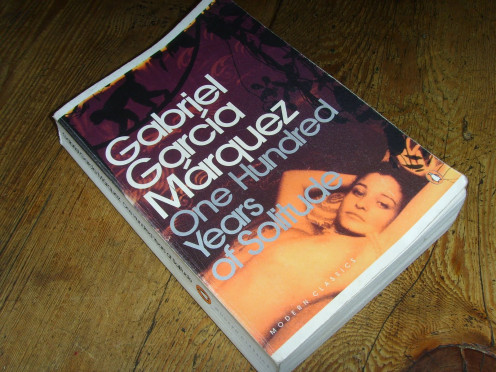
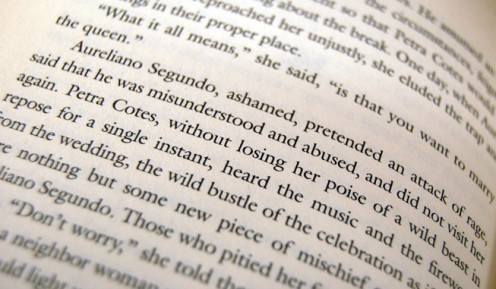
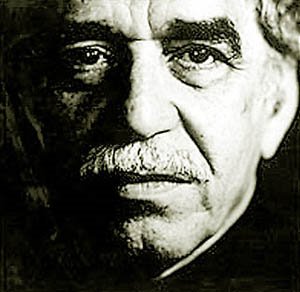
Themes of "One Hundred Years of Solitude"
There are two major dominant themes in the novel. The first one is the inescapable repetition of history in Macondo. The protagonists are controlled by their pasts and the complexity of time. Time is circular in his novel and the repetition of the Buendia character names illustrates this. Marquez writes this with the fluidity of time. It is written in chronological linear order but he injects flashbacks and leaps to the future to interrupt the flow of time. This gives the novel a sense of timelessness or eternity.
All the characters named Jose possess inquisitive and rational personalities and great physical strength. The characters named Aureliano possess insularity and quietude. This repetition of traits leads to the history of the town and time.
Throughout the novel the characters are visited by ghosts which are the symbols of the past and the haunting influence they have over Macondo, The many ghosts and displaced repetition represent the particular development of Latin American history.
Macondo and the Buendia family were always ghosts, so to speak, an alienated and estranged from their own history. They represent all of Latin America and its growth over the years through history.
From the beginning of time, the fate of Macondo is both doomed and predetermined. Fatalism in Macondo and the Buendia family is a metaphor for the interpretation of Latin America whose history into certain patterns has been fatalistic. Marquez uses fatalism to illustrate the feeling of entrapment that ideology and beliefs can create.
Marquez makes use of colors as symbols also. The major colors he uses are gold and yellow; gold to represent the wealth and imperialism and yellow to represent death, change and destruction.
Macondo, the city of mirrors, by the end of the novel has become the city of mirages. It represents the dream of a brave new world that South America seemed to promise and has cruelly proved to be illusions through the course of history.
Latin America was discovered by European explorers which had its historical facts developed by the printing press. The conquerers wrote Latin American history not the natives. The novel is a symbol of the foundation of Latin American history and at the same time its a decoding instrument. It is evidence of Latin Americans seeing both sides of the coin.
The other dominant theme is, of course, solitude which is in the title of the novel. Macondo was founded in the remote jungles of the Colombian rain forest and the solitude of the town represents the colonial period in Latin American history where outposts and colonies were not interconnected.
Mocondo is isolated from the rest of the world and the Buendia family grows to be an isolate and increasingly solitary and selfish family. Each member of the Buendia family lives only for self.
The Buendias become the symbols of the aristocratic land owners and elite who came to dominate Latin America. Their egocentricity is illustrated in the character Aureliano who lives in a private world of his own. Remedio, another character, destroys the lives of four men who loved her only for her beauty.
No character throughout the novel can find true love or escape the destructiveness of their own egocentricity.
True love does appear in the Buendia family in two generations. The characters of Aureliano and Amaranta fall in love and marry and decide to have a child hoping the child will represent a new beginning and fresh start for the conceited Buendia family. However, the child born to them turns out to be the feared monster with the pig's tale. Love itself leads to destruction for the couple and the Buendia family.
Another recurring theme in the novel is incest. It is illustrated by the Buendia's family propensity toward this. The patriarch himself marries his first cousin, which is incestuous.This is the Buendia family's "original sin", but not the last one.
Throughout the novel, someone in every generation of the family enters into an incestuous relationship and is haunted by the fear of punishment in the form of the birth of a monstrous child with the pig's tale. And it is the couple that truly loves one another and marry for love that end up having this monster child. How ironic!
One Hundred Years of Solitude is considered one of the five key novels in HIspanic American literature. The other four are: El Senor Presidente, Pedro Paramo, La Muerte de Artemio Cruz, and La Ciudad and los perros. If you haven't read any of these I would choose One Hundred Years of Solitude to read first as I consider it the best one.
All of these novels represent the Boom that allowed HIspanic American literature to reach the quality of North American and European literature for technical quality, rich themes, and linguistic innovations and other attributes.
One Hundred Years of Solitude should be on everyone's must read list as it portrays the life, history, and psyche of the Latin American and Colombian people.
Update: It is with great sadness that I report the death of Gabriel Garcia Marquez, or "Gabo", as he was known to his fellow Latin Americans. He died Thursday, April 17, 2014, of complications from an infection in Mexico City, Mexico, his on and off home for the past fifty years or so. He was originally born in Columbia and had a home there in Cartegena.
He became Latin America's greatest literary giant and his books have been read more than any other Latin American author and have sold more than any other books only with the exception of the Bible.
He will be remembered for his masterpiece, Cien Anos de Solidad, 100 Years of Solitude, and for bringing the Latin American genre of magic realism in literature to the forefront of readers all over the world.
I have read this book and Love in the Time of Cholera, his romantic book and I have enjoyed the magical, fantastical, realism he used in telling both stories. He will never be forgotten as the literary giant of his time and for defining for us what a Latin American is and the obstacles each Latin American has faced in living life.
No one can ever take his place in the literary world and his unique vision of life will now become immortal through his written works.


